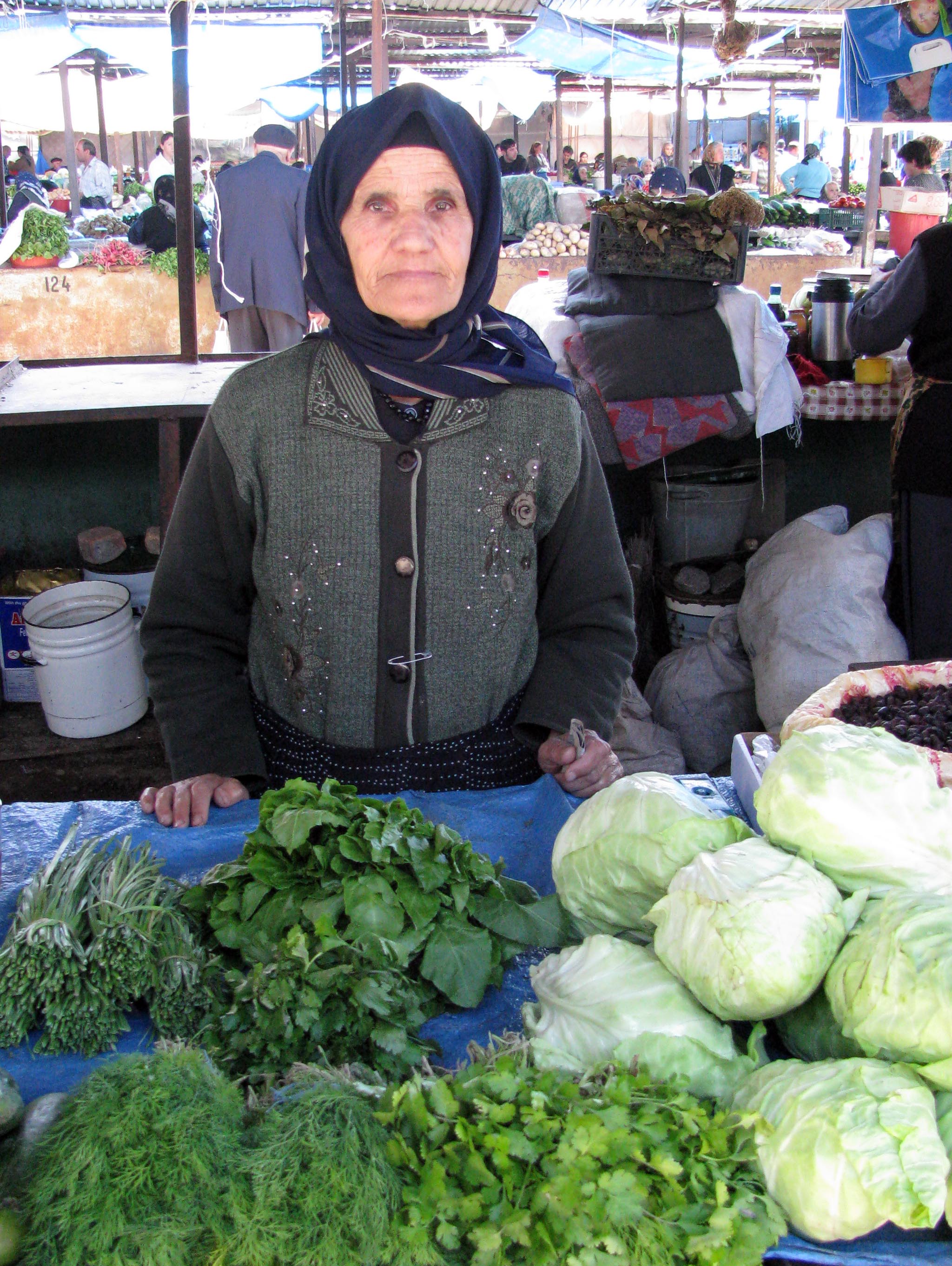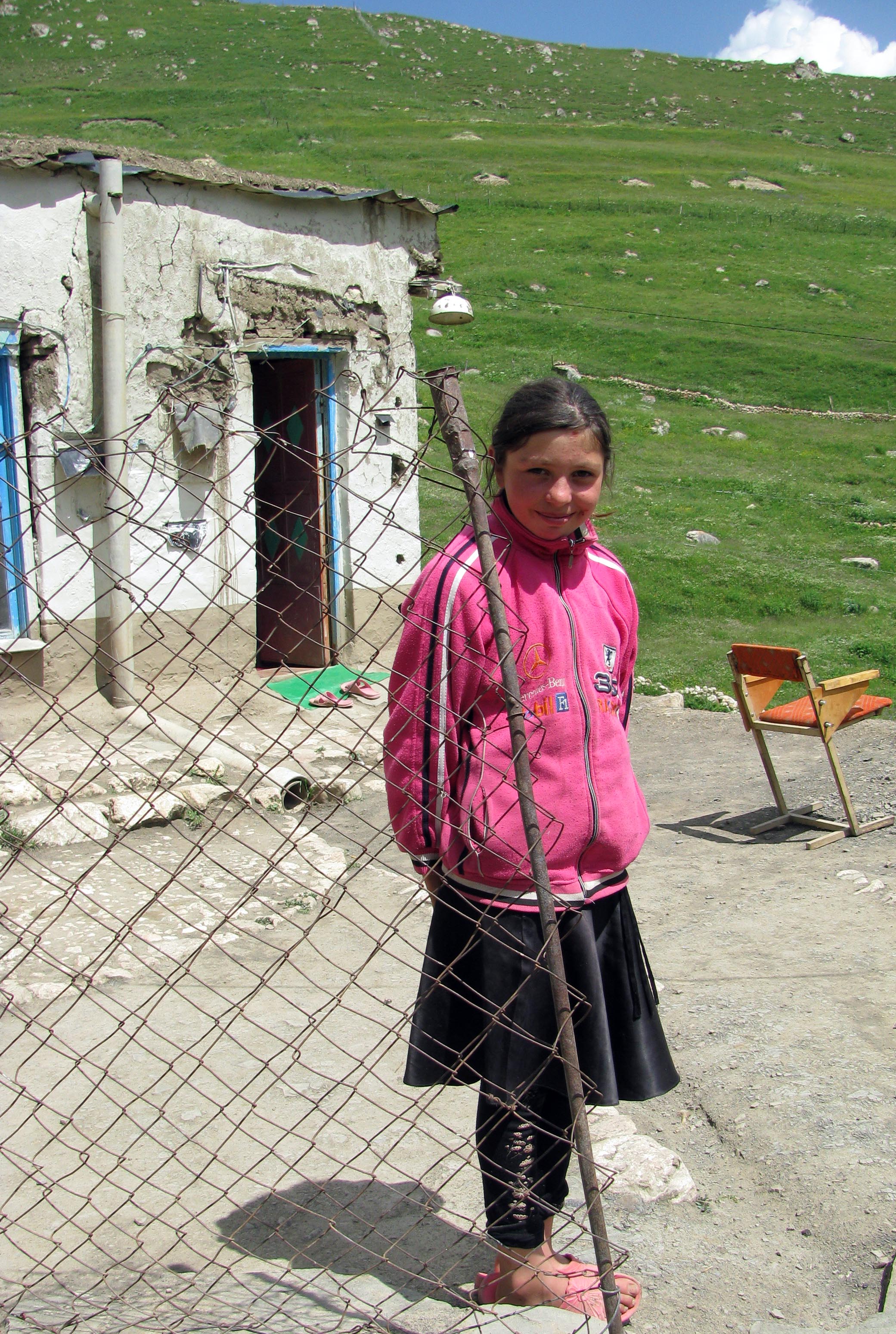Women's Rights and Domestic Violence
Just last week, after the required three "readings" in Parliament, Azerbaijan finally approved its first domestic violence legislation. While I suppose it's not that surprising that Azerbaijan wouldn't be at the forefront of having pro-women legislation, it is interesting that it's taken this long, considering that almost all of Azerbaijan's neighbors and fellow post-Soviet countries have had legislation like this for years. But apparently the debate over this has been quite heated here. Many members of Parliament argued that domestic violence was a family problem and the state had no right to interefere. A recent study showed that 10% of Azeri women believed that it could sometimes be justified for a husband to beat his wife. So not only is there unwillingness to prosecute these cases, there's even a general attitude that it's really not that bad a thing.
One of my recent projects at work has been to analyze the new legislation and compare it to international standards and other countries' legislation. Of course, in many ways this legislation falls short. The type of people covered includes only married people or people cohabitating in informal marriage. Though I was told that allowing cohabitating couples was a big victory for proponents of the bill, and earlier drafts didn't even have that. But dating couples, formerly cohabitating couples, gay couples - no domestic violence protection for them. And the worst thing in the draft is that before you can receive a protective (restraining) order, you can only have a warning issued to the abuser. Only if he then abuses his wife yet again, within 30 days of the issuing of the warning, can she receive a protective order against him. But the legislation does include some things that would be massively positive improvements to the current legal options for battered women. It authorizes the creation of shelters for victims which would provide medical care, temporary housing, and even employment assistance. If these shelters really do come into being, it would be the first time anything like that had been provided by the state for women and could provide women with an actual alternative to just going back to her husband. Of course the social stigma of leaving your husband and admitting violence will still be there, and whether women will feel comfortable going to the shelters would be another matter entirely.




Of course, the legislation still has to be signed by the President. And the even bigger hurdle will be implementation. The current legislation is very vague about who will implement these things and how. There are no guidelines for police or judges, no trainings on the new law, no earmarked funds for shelters or other services. This law may very well just be another stack of empty words, attempting to show Azerbaijan's progressivism and interest in fulfilling its international treaty obligations, but in practice, no one will hear about it, no one will follow it, and battered women will continue to receive no help from the state or their community.